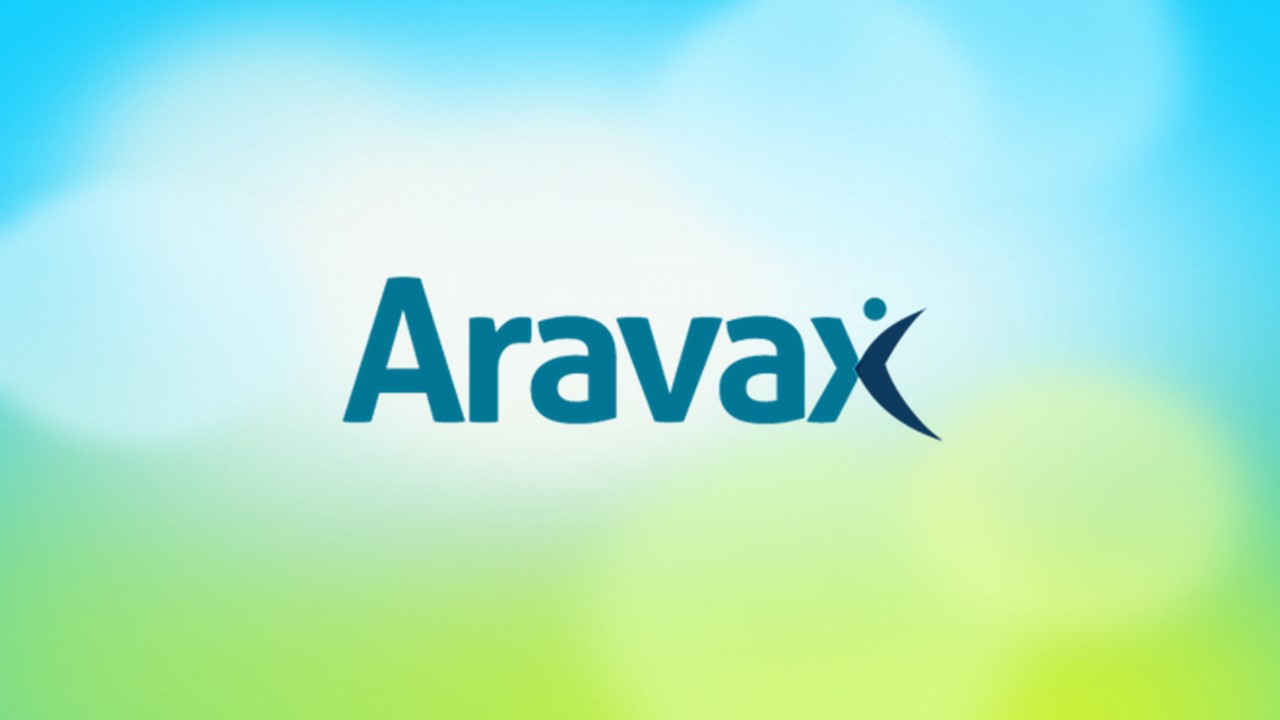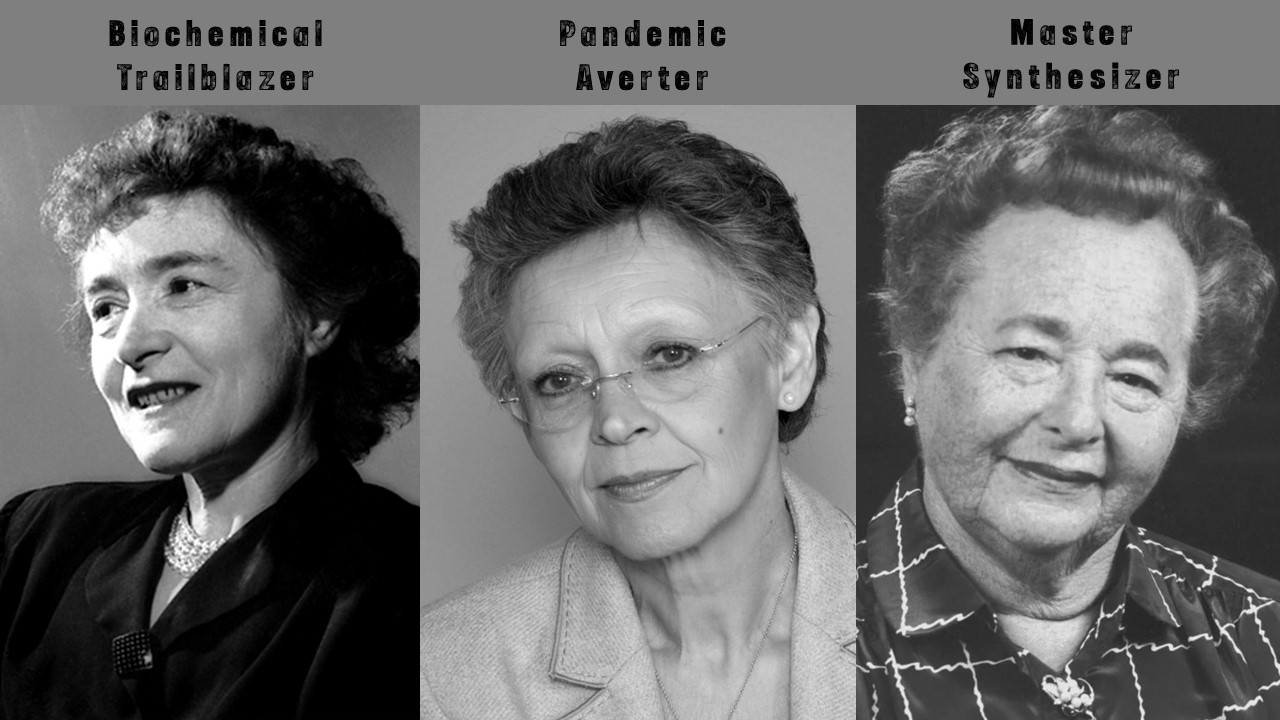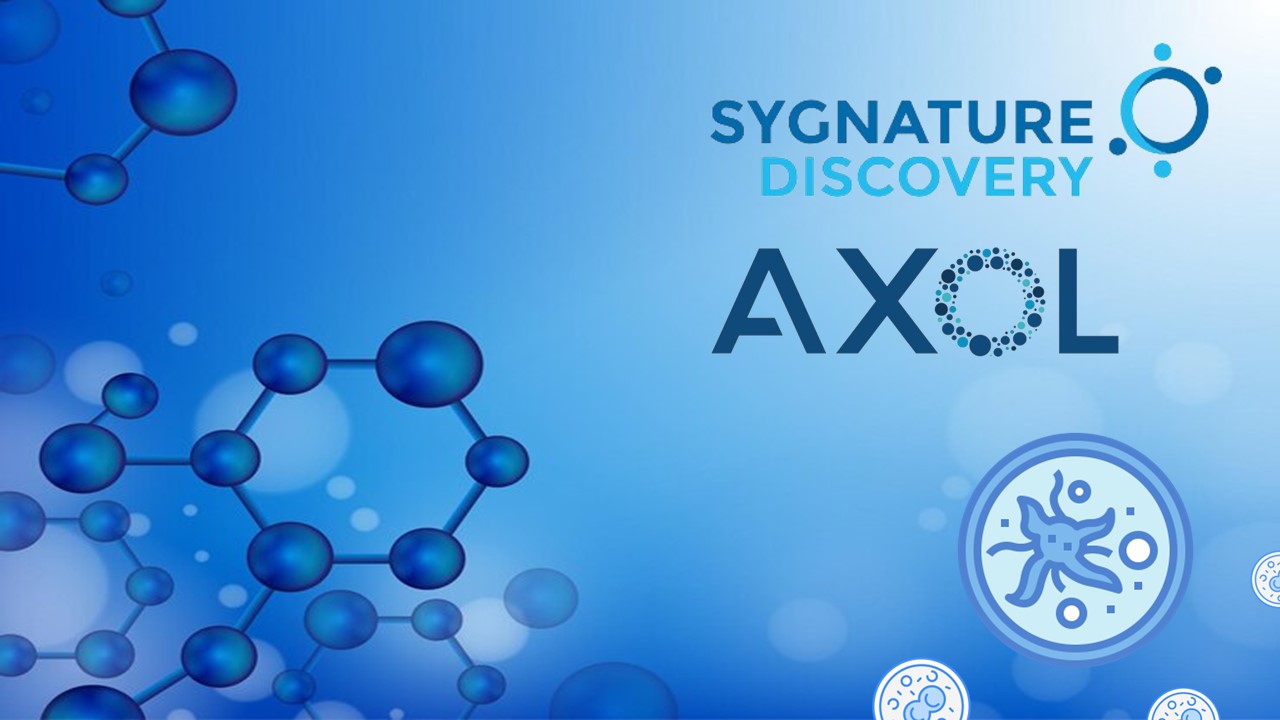Stryker to purchase Vocera
06 Jan 2022
American medical technologies firm Stryker announced a definitive agreement for the acquisition of Vocera Communications for a total enterprise value of $3.09b. The move is set to expand Stryker’s extensive offering by consolidating Vocera’s industry-leading expertise in digital care coordination and communications, technologies which have become extremely prominent over the last two years. Stryker is well positioned to connect care-givers working remotely with an increasing array of medical devices, enabling the delivery of better outcomes during the pandemic. Stryker CEO, Kevin Lobo, underscored the growing importance of improved digital platforms in a forward-looking statement:
“This acquisition underscores our commitment and focus on our customer. Vocera will help Stryker significantly accelerate our digital aspirations to improve the lives of caregivers and patients.”
Amgen teams up with Generate Biomedicines for Drug Discovery
06 Jan 2022
Amgen and Generate Biomedicines announced a partnership for the discovery of protein therapeutics for multiple targets and modalities, in a deal with a potential value of up to $1.9bn plus royalties. Amgen will seek to harness Generate Biomedicines’ Artificial Intelligence discovery platform to accelerate high throughput procedures in wet labs, as well as to optimize its in silico computational designs. The move continues a trend of AI becoming increasingly interwoven with the computationally demanding aspects of drug design and discovery, as signified by Generate Biomedicines CEO, Mike Nally:
“This agreement is a recognition of the transformative power of our generative biology platform. We’re proud to partner strategically with Amgen to combine their world-leading expertise in engineering protein-based therapies with our unique machine learning-enabled drug generation platform. With our technology platform, we are able to expand beyond just proteins that are found in nature – creating de novo, purpose-built proteins capable of performing any desired function under timelines that have not been possible through other approaches.”
TRexBio to partner with Janssen
06 Jan 2022
Janssen has announced plans for a partnership with discovery-stage firm TRexBio, with the aim of utilizing the latter’s proprietary Deep Biology platform for the discovery of new tissue-targeted therapeutics. Janssen will receive the option to license, develop and commercialize therapeutics resulting from the partnership, in exchange for upfront, option, milestone and royalty payments. TRexBio’s approach focuses on the identification of new targets for treatments, particularly for modulating regulatory T cell responses. Johnston Erwin, CEO of TRexBio, had the following to say regarding the new collaboration:
“We are extremely pleased to establish this strategic collaboration with Janssen. Our differentiated Deep Biology platform has the potential to uncover truly unique insights, and we look forward to leveraging this collaboration as part of our mission to bring new medicines to patients.”
Odyssey to acquire machine learning firm Rahko
06 Jan 2022
American firm Odyssey Therapeutics announced plans to acquire machine learning firm Rahko, in a bid to accelerate and turbocharge their drug discovery process. Odyssey is focused on pioneering next generation immunomodulators and oncology investigational products, an area that is always in demand for better, more streamlined processes in drug discovery – particularly when investigating new, previously unreachable drug targets. The move is indicative of the growing importance of artificial intelligence in the field, a sentiment that was echoed by Odyssey CEO and founder, Gary D. Glick:
“Rahko’s powerful platform will play a direct role in identifying the best leads for our targets with unprecedented speed and accuracy, assisting with our efforts to address the undruggable genome with the goal of delivering transformational impact for patients with inflammatory diseases and cancer in record time.”
Alnylam to leverage siRNA technology in Novartis partnership
06 Jan 2022
Leading small interfering RNA (siRNA) technology pioneer, Alnylam, announced a new partnership with Swiss giant Novartis for the development of therapeutics that will inhibit a target discovered by Novartis researchers, in the hope of leading to a treatment that will restore the regrowth of functional liver cells to provide alternatives to transplants for liver damage. The siRNA technology developed by Alnylam will be leveraged against the target, with Alnylam carrying out initial investigations and Novartis taking over the development of any identified lead targets. The move highlights the need for better solutions for liver damage, as underscored by Jay Bradner, President of the Novartis Institutes for BioMedical Research:
“There remains an enormous unmet need for new types of medicines to address end-stage liver disease. Building on a legacy of leadership in regenerative medicine, we have devised a restorative strategy that could potentially deliver a transformative benefit to patients with liver failure. We’re delighted now to work alongside Alnylam in this new collaboration, as the Alnylam siRNA platform is optimally suited to translate this concept to clinical investigation.”
Novo Nordisk to embark on gene editing partnership with 2seventy bio
06 Jan 2022
Gene editing firm 2seventy bio has announced plans to expand its collaboration with pharma giant Novo Nordisk. The two entities will work jointly on an in vivo gene editing candidate for treating Haemophilia A, using 2seventy bio’s proprietary mRNA megaTAL™ technology; Novo will receive licensing rights in exchange for $5m upfront, $35m in option exercise payments, and the potential for milestone payments. The technology offers unique opportunities for editing, silencing and inserting genetic components, with the Novo collaboration marking the first instance of its application in vivo with growing potential for expanding the technology to other fields, as highlighted by 2seventy bio’s Chief Scientific Officer, Philip Gregory:
“This collaboration aims to develop the first direct in vivo application of our megaTAL technology. We are excited to explore this technology with Novo Nordisk, with the goal of developing a new potential therapeutic approach for patients with hemophilia A. Moreover, we view this work as further validation and a natural extension of our technology platform. Based on what we continue to learn, this technology may play a potential role in expanding our gene editing platform toward future in vivo and ex vivo applications that can enhance our oncology pipeline”
Kyverna embarks on multiple partnerships for autoimmune disease immunotherapies
05 Jan 2022
Immunotherapy firm Kyverna announced multiple partnerships involving the use of CAR-T therapies for autoimmune disorders this week – including with the National Institutes of Health and Intellia. Both partnerships will see Kyverna license exclusive technologies for the development of CAR-T, including an anti-CD19 chimeric antigen receptor from NIH as well as the chance to use Intellia’s CRISPR/Cas9-based platform for the development of new investigational products – in return for license options for Intellia. The move signifies the growing importance of immunotherapy in fields beyond oncology, with Kyverna seeking to re-orient its products towards autoimmune disease, as signified by Kyverna CEO, Dominic Borie:
“This licensing agreement with the NIH is an important milestone for Kyverna, as it empowers us to rapidly start exploring the transformative potential of cell therapy for autoimmune diseases with a clinical-stage construct with demonstrated properties making it ideal for use in patients with autoimmunity”
AstraZeneca closes heavy-hitting deal with Ionis
29 Dec 2021
Pharma giant AstraZeneca has finalized an agreement with Ionis Pharmaceuticals for the development and commercialization of eplontersen for ATTR amyloidosis, granting AstraZeneca the exclusive rights for its commercialization outside the US (except for Latin America), as well as joint rights in the American market. The agreement will see Ionis receive $200m upfront, with a further $485m locked behind regulatory approvals, in addition to up to $2.9bn for sales-related milestones, as well as royalties.
Subscribe
to get our
LATEST NEWS
Related Posts

Leadership, Trends & Investments
Aravax Continues International Expansion with Appointment of Aled Williams as Chief Business Officer
Aravax announces the appointment of Alex Williams as Chief Business Officer.

Leadership, Trends & Investments
The Immigrant, The Career-Undecided, and The Supermarket Supervisor-turned-Scientist
Learn more about the 1947, 1988, and 2008 Physiology or Medicine Female Nobel Laureates.
Read More Articles
Myosin’s Molecular Toggle: How Dimerization of the Globular Tail Domain Controls the Motor Function of Myo5a
Myo5a exists in either an inhibited, triangulated rest or an extended, motile activation, each conformation dictated by the interplay between the GTD and its surroundings.













